Recommended Reading List
For most of my life, I have been an avid reader, of many different types of books, including fiction and non-fiction.
The following list represents some of my favourite ones and the ones I have found most helpful.
I will continue to add to this list as time goes on, and I shall always add the most recent book(s) to the top of the list.
How Magicians Think: Misdirection, Deception, and Why Magic Matters
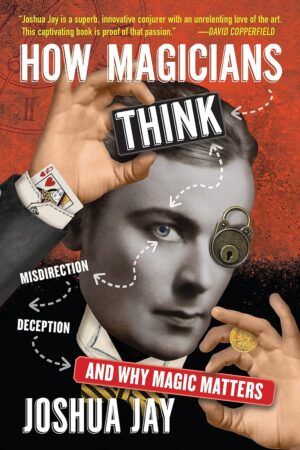 Written by Joshua Jay, one of today’s most accomplished magicians, this book contains the following 52 short essays about magic and magicians:
Written by Joshua Jay, one of today’s most accomplished magicians, this book contains the following 52 short essays about magic and magicians:
1 Why Magic? (Part 1)
2 When Did You Know Magic Would Be Your Life?
3 What Is Magic?
4 What Does It Feel Like to Perform Magic?
5 How Do You Saw Someone in Half?
6 Why Don’t Magicians Repeat Their Tricks?
7 Seriously, How Do You Saw Someone in Half?
8 What Happens If a Magician Reveals a Secret?
9 How Do You Create Magic?
10 How Are We Fooled Exactly?
11 Who Are Your Favorite Magicians? (Part 1)
12 What Do You Do For a Living?
13 How Often Do Magicians Practice?
14 Was Harry Houdini the Greatest Magician Ever?
15 Why Is Magic Still So Male-Dominated?
16 Why Isn’t Houdini Considered the Greatest Magician Ever?
17 How Do You Build a Magic Show?
18 How Do Magicians Use Technology?
19 How Are You Using Technology?
20 What Role Do Words Play in Magic?
21 Who Are Your Favorite Magicians? (Part 2)
22 Do Magicians Get Fooled?
23 Why Do Some People Hate Magic?
24 Who Is the Hardest Audience to Fool?
25 What’s Your Most Difficult Trick?
26 Could You Cheat at Cards?
27 What Makes David Copperfield So Iconic?
28 Is Magic Art?
29 What’s the Weirdest Show You’ve Ever Done?
30 What Do You Think About When You Perform?
31 And What About Right Before You Go Onstage?
32 How Did Houdini Die?
33 What’s Worse-Screwing Up a Trick or Dealing with Hecklers?
34 Why Aren’t There More Black Magicians?
35 Does Magic Look Different in Other Countries?
36 What Makes Penn & Teller So Dynamic?
37 What’s Your Favorite Magic Trick?
38 What Do Magicians Do in Secret?
39 Do You Have Magic Students?
40 What Is the Magic Castle?
41 Who Are Your Favorite Magicians? (Part 3)
42 But Do You Have a Very Favorite Magician?
43 Do Magicians Insure Their Hands?
44 Is David Blaine for Real?
45 Can a Magic Trick Be Too Good?
46 What Are the Magic Olympics?
47 Why Do Magicians Pull Rabbits Out of Hats?
48 Is Magic Memorabilia Valuable?
49 Why Do Magicians Have Such Big Egos?
50 Is There Real Magic in the Universe?
51 What’s the Next Big Thing in Magic?
52 Why Magic? (Part 2)
As a long-tine amateur magician, I found this insight into the world of a professional and passionate magician fascinating, intriguing, and I think it’s something all magicians, no matter what their experience, should read. But it’s not only for magicians – non-magicians will find it interesting too (and not because Joshua reveals any secrets).
Find out more here.
Sorry I’m Late, I Didn’t Want To Come
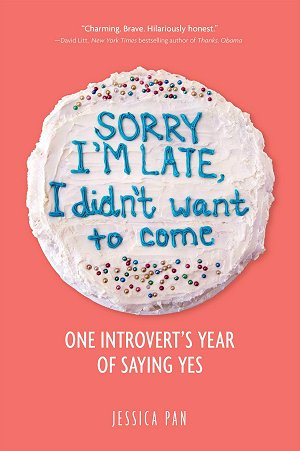 Written by Jessica Pan, it is the story of her year’s worth of exploits, trying to do extraverted actitivies that would usually be an anathema to an introvert such as herself.
Written by Jessica Pan, it is the story of her year’s worth of exploits, trying to do extraverted actitivies that would usually be an anathema to an introvert such as herself.
It is both funny and touching, and, I feel, a great source of support for introverts such as myself as well as a glimpse into our world for extraverts who probably have no idea what it’s like.
Find out more here.
The Biology Of Belief
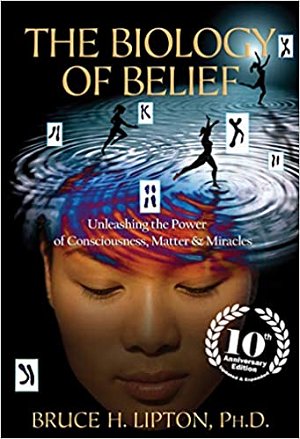 Written by Bruce Lipton Ph.D, it reveals a way of looking at biology that challenges commonly accepted science, particularly in the areas of DNA and the function of cells.
Written by Bruce Lipton Ph.D, it reveals a way of looking at biology that challenges commonly accepted science, particularly in the areas of DNA and the function of cells.
Other subjects that are interesting relate to stress, depression, and the immune system, and the massive role parents play in their chidren’s development during the early years – without realizing it.
It’s well written, fascinating, and the only weak part to me is the Epilogue, when he talks about spirituality.
Find out more here.
The Invisible Rainbow
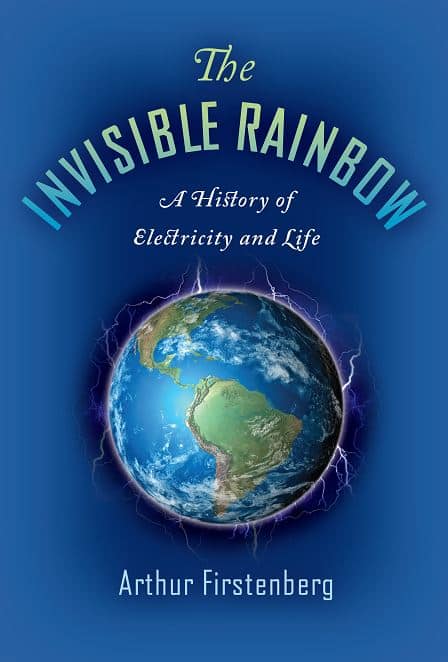 Written by Arthur Firstenberg, who is a scientist, author, and journalist, it tells the tale of the discovery and use of electricity, and the effect this has had (and continues to have) on life on this planet.
Written by Arthur Firstenberg, who is a scientist, author, and journalist, it tells the tale of the discovery and use of electricity, and the effect this has had (and continues to have) on life on this planet.
It’s well written, fascinating, and shocking.
Find out more here.
The Subtle Art Of Not Giving A F*ck
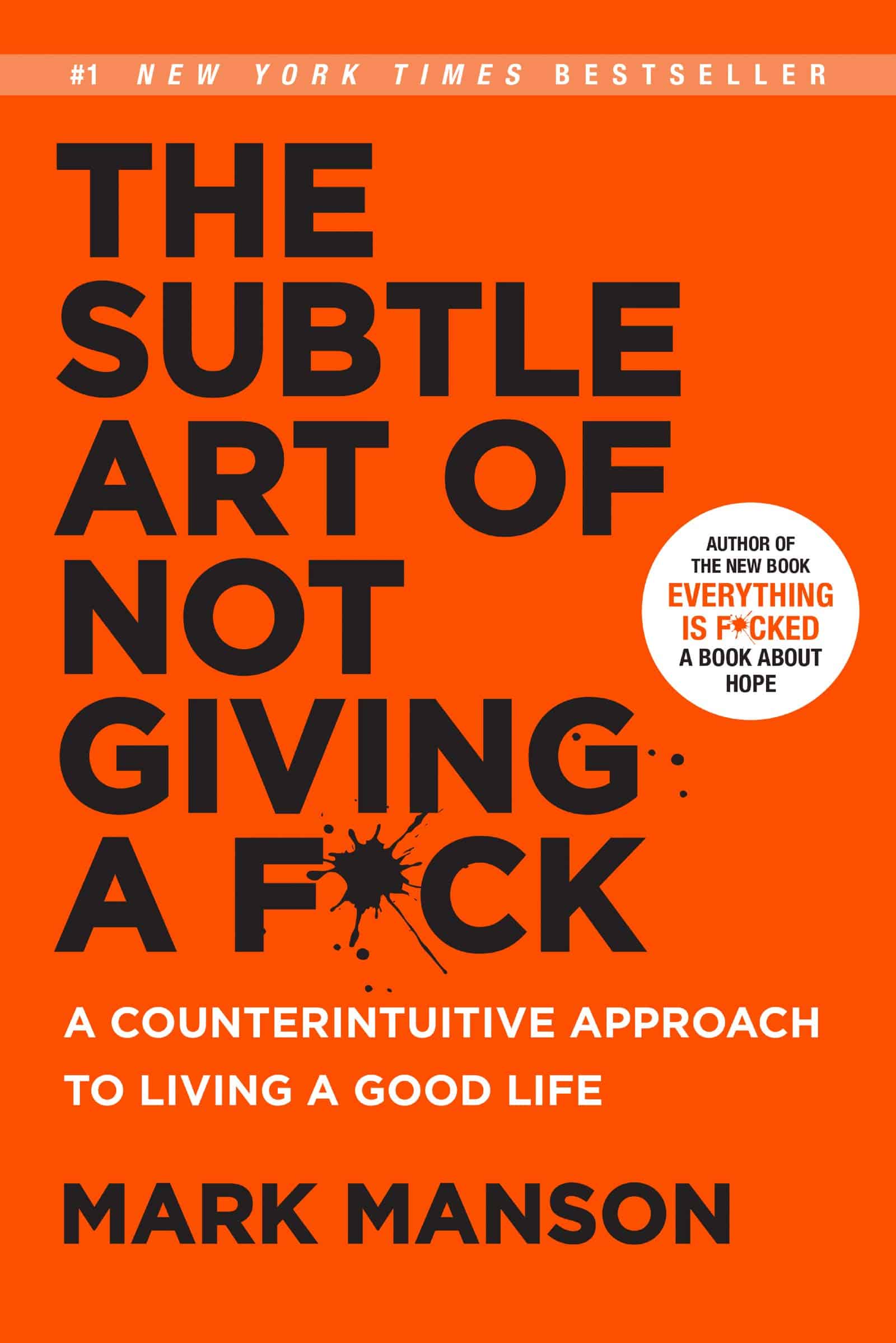 This is the book that spawned a load of knock-offs, with similar titles, but this one, by Mark Manson, is the best one I’ve found.
This is the book that spawned a load of knock-offs, with similar titles, but this one, by Mark Manson, is the best one I’ve found.
In spite of what the title might suggest, this is not about caring for nothing – it’s about being really careful what you do decide to care about.
It’s a whole new way of thinking that is, as the subtitle says, counterintuitive.
Find our more here.
The Dice Man
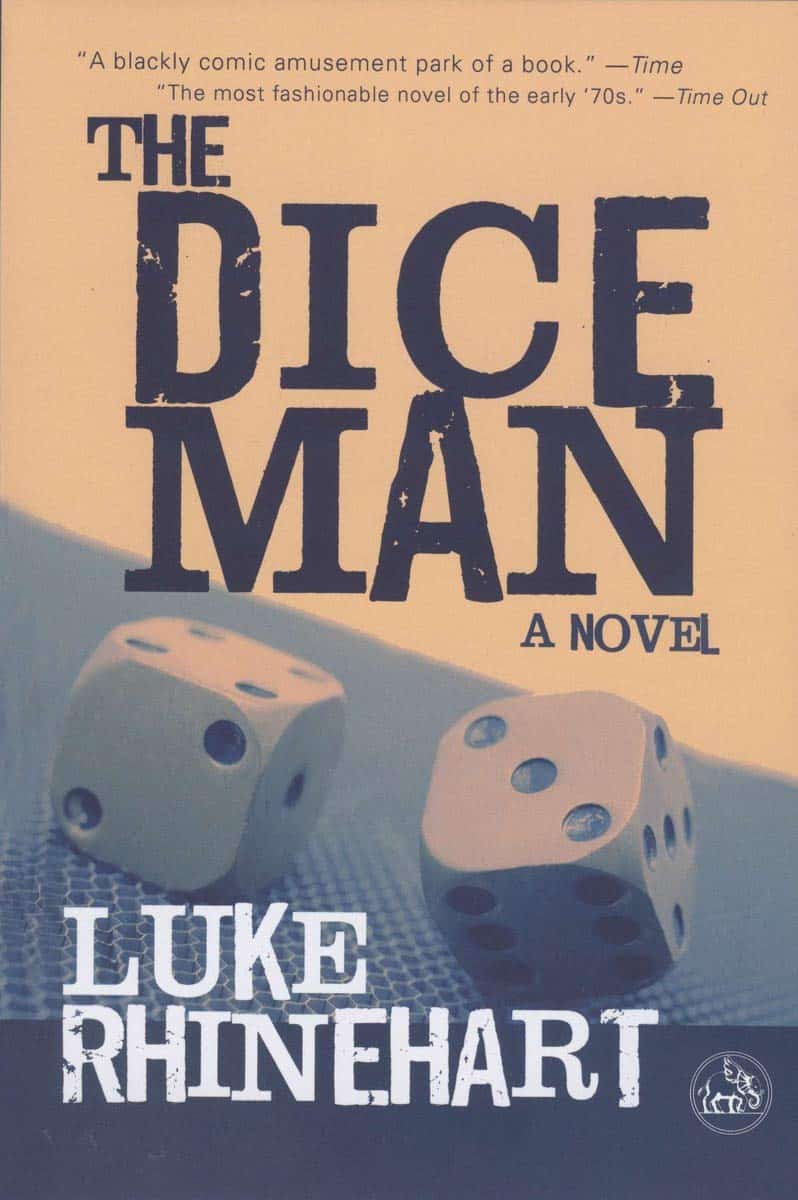 This cult classic, written by Luke Rhinehart, tells the story of a psychiatrist who creates and tries a new method of therapy, using dice.
This cult classic, written by Luke Rhinehart, tells the story of a psychiatrist who creates and tries a new method of therapy, using dice.
Unfortunately, he takes it way too far, letting the dice control every aspect of his life.
I first read this in my late teens, and have re-read it so often I’m on my third or fourth copy now as I keep wearing them out.
While it’s unusual to find a work of fiction in a recommended reading list, I’m including it because the book is thought-provoking and makes some good points, even though the idea is taken to extremes.
One word of warning – while this is not erotica, there is a lot of sex in this book, within the context of Luke experimenting with his therapy method and trying to change his own life.
Find out more here.
StrengthsFinder 2.0
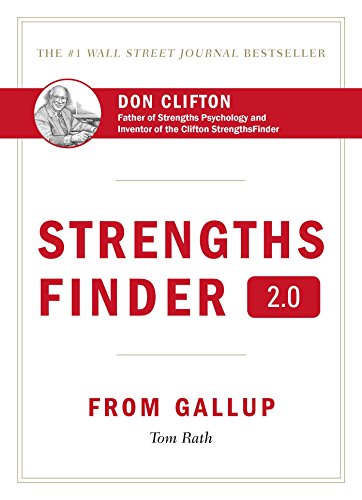 I came across this book when I still worked a regular 9 – 5 job, and I loved its premise immediately. (Actually, back then, it was the initial version of the book – not the relatively new v2.)
I came across this book when I still worked a regular 9 – 5 job, and I loved its premise immediately. (Actually, back then, it was the initial version of the book – not the relatively new v2.)
The authors differentiate between talents, which you are born with, and skills, which can be learned and acquired.
If you’ve ever taken any of personality / profiling assessments (e.g. MBTI), then you probably know that these can change over time, but their claim is that talents never change – because they are innate.
The book explains what these talents are (there are over 30 of them), and it includes a unique access code so that you can perform the assessment online yourself.
Once you’re done, it identifies what your talents (or strengths) are, and lists the ways in which you can make use of them.
It may be confirmation bias speaking, but out of all the different profiling tools I’ve used over the years, this one seemed like the best fit – and I read the descriptions of talents that it claimed I didn’t have, and for once, I agreed. (I had become naturally suspicious of such tools by then, and had discovered that if you look at any of the 16 MBTI types, you can find elements of truth in all of them – but I did not experience that with StrengthsFinder.)
Find out more here.
The Tipping Point
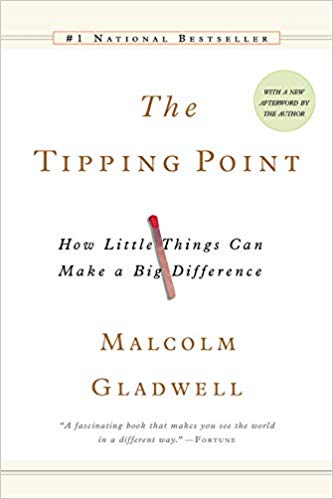 This excellent book by Malcolm Gladwell explores how small changes can make a big difference.
This excellent book by Malcolm Gladwell explores how small changes can make a big difference.
He includes plenty of examples, including a long section about Sesame Street, and it’s one of the few non-fiction books I’ve read multiple times.
Find out more here.
How to Think Like Leonardo da Vinci
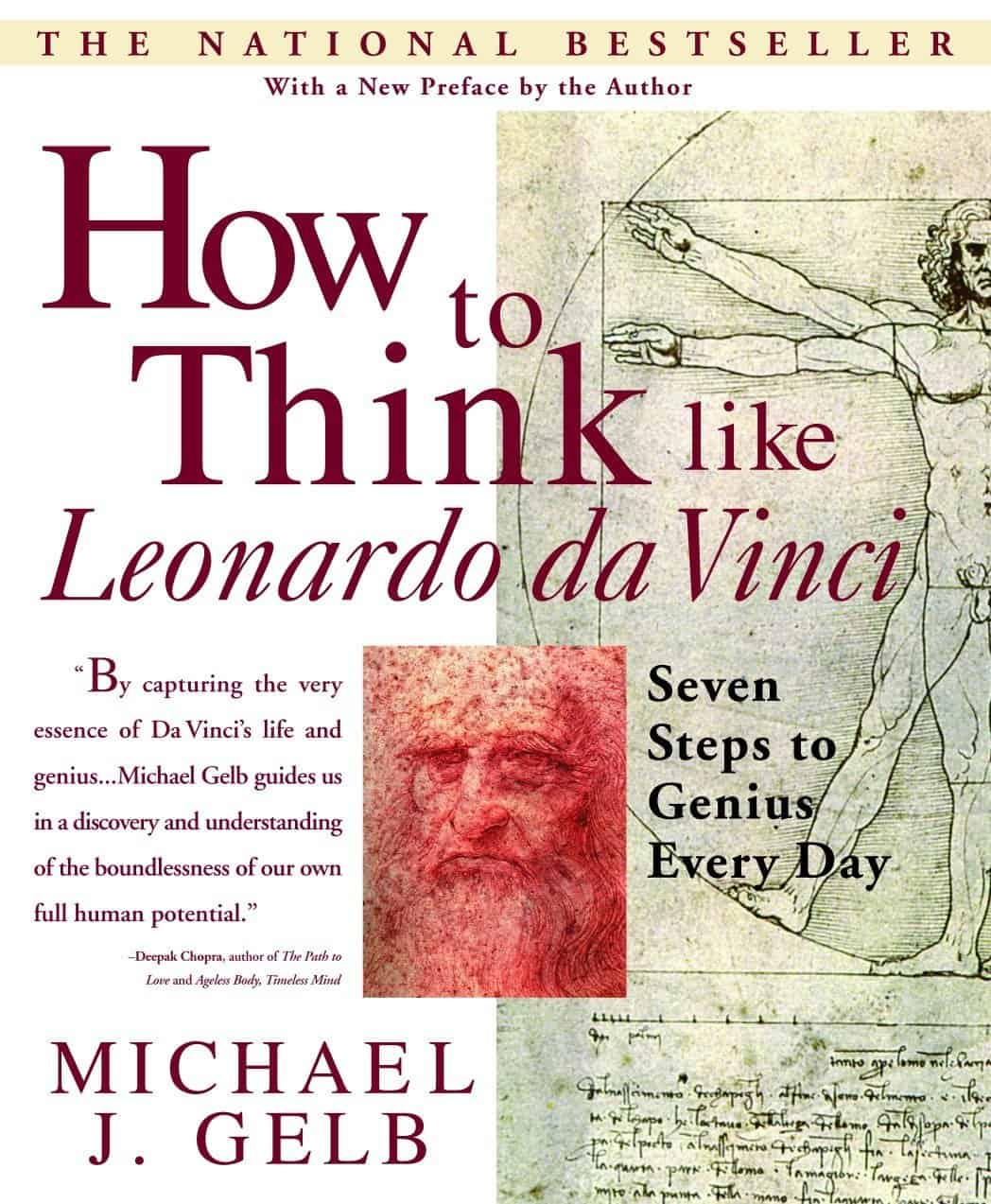 Author Michael Gelb is of the belief that you do not need to be born a genius – you can become one.
Author Michael Gelb is of the belief that you do not need to be born a genius – you can become one.
And this book explores seven principles that draw on the work of Leonardo da Vinci, which you can use to unleash your inner creativity.
Find out more here.
Innumeracy
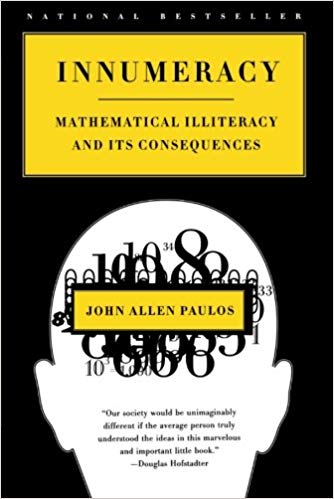 This book, which I first read many years ago and which is on my re-reading list, is brilliant for anybody who is scared of mathematics or who thinks math doesn’t matter.
This book, which I first read many years ago and which is on my re-reading list, is brilliant for anybody who is scared of mathematics or who thinks math doesn’t matter.
The author, John Allen Paulos, expertly shows why math is important, the consequences of people not being good enough at it, and how not to be afraid of it.
In my opinion, this is great for anybody from high school age upwards, regardless of their experience with maths – those who had a bad time with at school will discover it’s not nearly as bad or useless as they thought, and those who enjoy maths will find it entertaining.
Find out more here.
How To Lie With Statistics
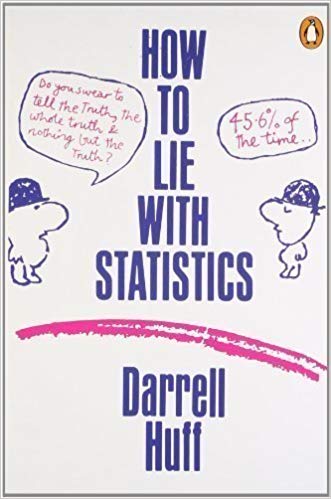 This short book by Darrell Huff may sound scary, but the good news is that it’s an easy read that demystifies statistics and demonstrates how they can be used to prove almost anything.
This short book by Darrell Huff may sound scary, but the good news is that it’s an easy read that demystifies statistics and demonstrates how they can be used to prove almost anything.
As they say, forewarned is forearmed, and once you’ve read this book, you’ll never look at stats quoted in the media the same way again.
Find out more here.
Manwatching
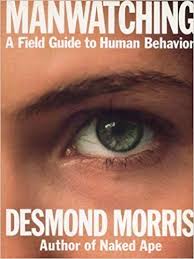 Another old favourite of mine, this book by Desmond Morris is, as the subtitle says, a field guide to human behaviours, and is not only useful but also fascinating to those of us who love people-watching (which is actually the name of another of his books).
Another old favourite of mine, this book by Desmond Morris is, as the subtitle says, a field guide to human behaviours, and is not only useful but also fascinating to those of us who love people-watching (which is actually the name of another of his books).
Find out more here.
The Memory Book
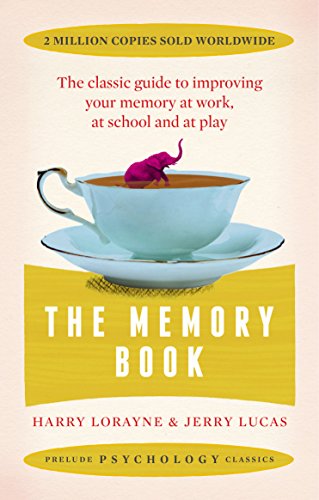 This book, by renowned memory expert (and magician) Harry Lorayne and Jerry Lucas, was the second book I’d read about mnemonics, and it was what really got me hooked on the usefulness of memory systems – something I still use some 50 or so years later.
This book, by renowned memory expert (and magician) Harry Lorayne and Jerry Lucas, was the second book I’d read about mnemonics, and it was what really got me hooked on the usefulness of memory systems – something I still use some 50 or so years later.
It covers the main systems you might want to use, how to use them, and provides plenty of real-life applications.
At first, they may seem like more effort than they’re worth, but in my opinion, the initial time you need to put in to learn one or more of these systems is more than worth it when you consider you now have a tool you can use for the rest of your life.
Find out more here.
Conclusion
If there are any books that you have found particularly interesting or helpful that relate in any way to self-help and self-development, why not post about them in our Self Help Nirvana Facebook group?







